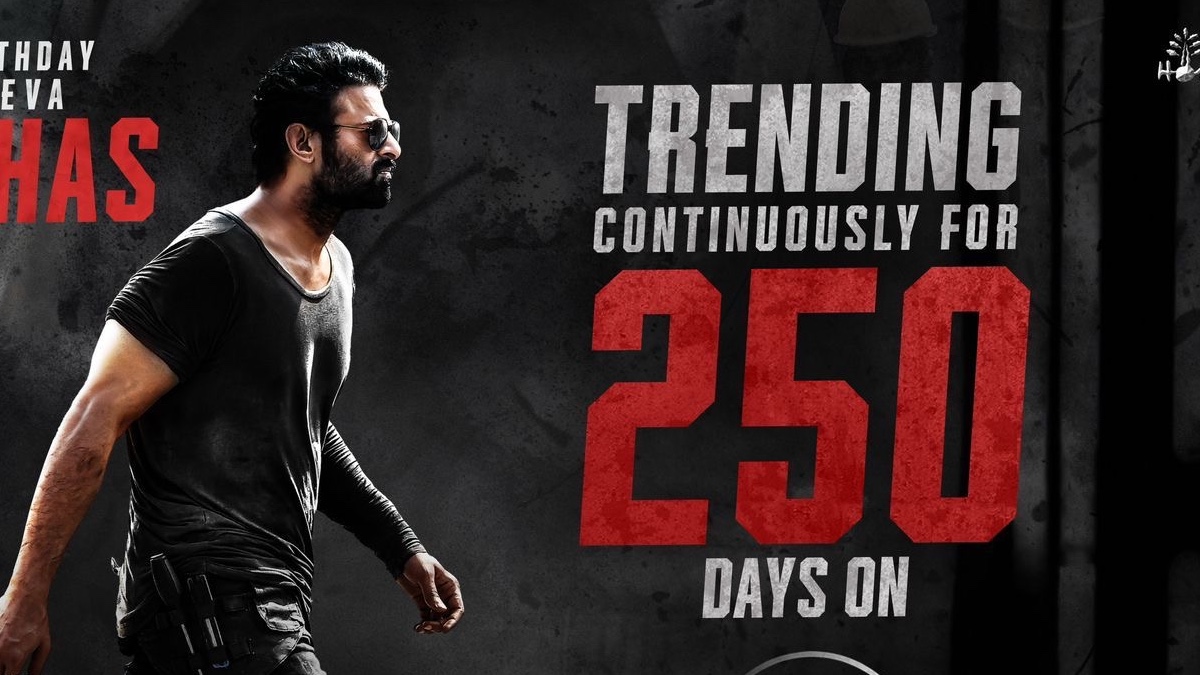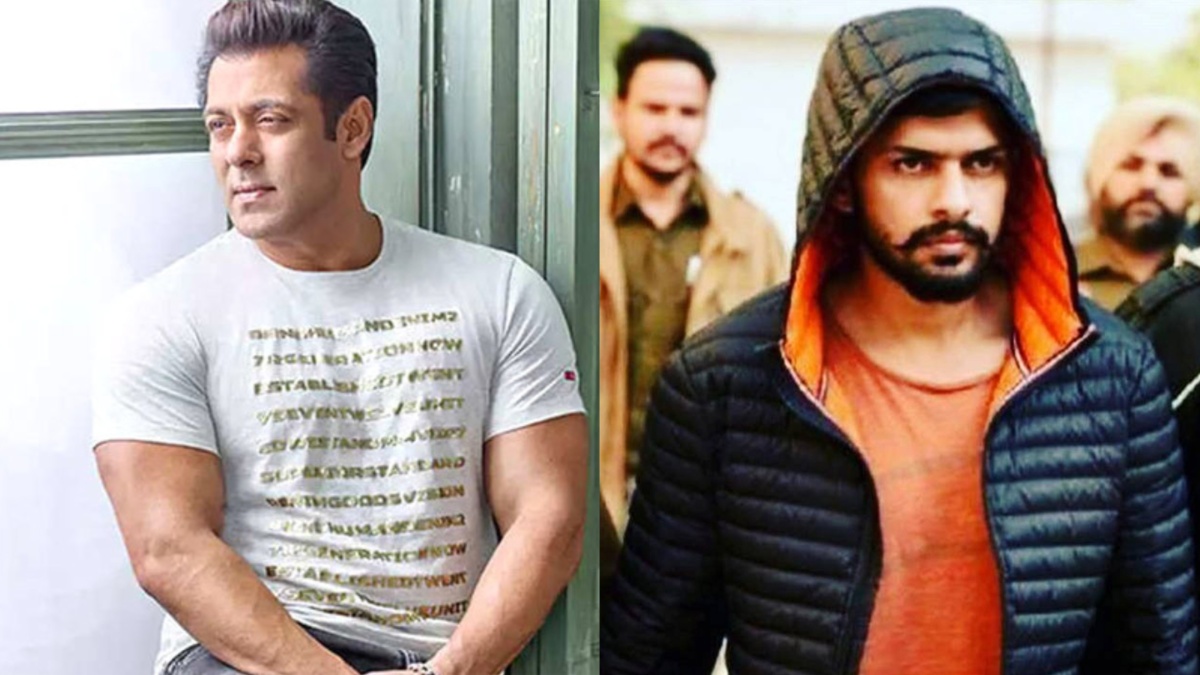Firstpost’s Lachmi Deb Roy catches up with Ladakh-raised Maisam Ali as he takes his debut film ‘In Retreat’ to the prestigious Busan International Film Festival. read more
)
Maisam Ali on In Retreat making it to the 29th Busan International Film Festival | Not Just Bollywood
Maisam Ali’s debut Ladakhi feature In Retreat had its Asia Premiere at the 29th Busan International Film Festival (BIFF) in the Asian Windows section. The film World Premiered at the prestigious 77th Cannes International Film Festival in the ACID Cannes sidebar programme. Scripting history, it is the first Indian film to be screened in the section run by the Association for the Diffusion of Independent Cinema, since its inception in 1993.
The 75-minute slow-burn drama follows a man in his 50s, missing his brother’s funeral, who returns home to a small mountain town in the late fall. He lingers at the threshold, delaying his arrival one more night. The film is about a man who returns home to a small mountain town between late fall and early winter. Fifty-something, always absent and late, having missed his brother’s funeral, he lingers on the threshold of the old house - what more can he hope for other than delay his arrival by one more Night. The languages spoken in the film are Hindi and Ladakhi.
Here is the edited excerpt from the interview taken just before the 29th Busan International Film Festival:
We don’t see too many images of Ladakh for In Retreat. Was it a conscious effort? What was the thought process that went behind it?
I didn’t want to bring the kind of imagery which you see in news and sort of culture of the place, which is more like a cliché kind. I didn’t want to do that. It’s a personal film. So, in that sense, it tries to bring out whatever images, spaces. It was consciously decided to not make it beautiful in that sense.
Most of them are night shots. What were the difficulties of shooting the film?
So the reason why the film is at night is because it’s about this protagonist who’s coming back home after a long period of time, and he is kind of delaying his arrival. He’s there, but he’s not really there, and he’s maybe not comfortable. And so in the night, he’s able to be invisible in the night. He can be there, but at the same time, night has an interesting quality to it. Night also has a long feeling about it, and so that was the reason why the film is in the night, coming from the demands of the story.
Secondly, to your question, the night is sort of difficult because I was shooting also in winter because I wanted a certain light quality. So it was kind of difficult to shoot in the night because logistically, it’s also difficult. But because the script was like that, the characters roaming around in the night trying to avoid confronting anyone whom he knows or something like that.
How long was the shoot for?
The shoot was around, around 35 to 40 days and divided into 2 schedules.
What’s the scene like where you went in which months were the shoot done and all that?
The majority of the shoot has been done in the months of October, November. So it is very cold, but it’s also not exactly winter, but it’s actually very cold. And so it has an autumn feeling to it.
Being an independent filmmaker, how difficult is it to survive?
It’s very difficult because we don’t have any kind of government, sort of grant support, which we sort of look at, Western European, you know, like, they have a lot of grants and all those things, but we don’t have those things. So it is, of course, difficult.
And, yeah, people do various kinds of things. Like, teaching is also something. Maybe assisting in some other commercial projects or things like that. And, basically, yeah, just trying to do what one wants to do.
And what was it like making this? How much difficulty did you face in putting everything together? The shoe, the finances. How difficult was that bit?
It is difficult because of the buzz, which, like because I’m a student of FDI and all those things. So at least I feel like I can do a project on really less resources. But majorly, it happened because, you know, it’s the first one. It’s the first film. So other people, other comrades, and other collaborators are also supportive.
Maybe somebody’s not charging these fees or things like that. And, or maybe a vendor is saying, sir, this is my first film. It’s a passion project. You know how it is. It’s an independent film. So that kind of negotiations, it’s a continuous hustle through and through from the inception to the end. It’s always like a hassle.
Your film went to Cannes, and there were several other movies that went to Cannes. And it was a great year for us also. What do you have to say about this change?
I think there were a lot of films this year. It’s a good sign, I would say, like two major titles we won this year. It’s the first time somebody from India has won the Grand Prix, the 2nd best prize in Cannes. So people are showing more interest in independent films. And Cannes is also such a powerful brand.
We live in this marketing world. People are taking notice, and I guess it could be good for other independent filmmakers to maybe more people want to make independent films, and maybe there could be a proper way to distribute these films.
How did the idea of the In Retreat come to you?
Basically, since I told you I was studying in a film institute. This is kind of clear for us that if you want to make a film after finishing our course, we are going to step into the world, and our first film is sort of important. I was also thinking about what would be my first film. And then I realized these are the themes, like, I’m interested in themes of home and sort of displacement and this kind of nomadic, sort of feeling not at home while at home, you know, not able to belong anywhere. It’s like a very modern feeling, and I felt this is coming from my identity also, and how I feel. And so I felt like this could be an interesting sort of, because you also need certain areas to work in.
In terms of, like, if you’re practicing art or films. And then there was one incident where I remembered somebody like this person would come back, and I was kind of very curious and sort of also I felt a certain sadness about this character. I felt there’s a lot of battles between him. So that’s sort of what happened.
And what next?
I’m just trying to think and develop some other things, like some other project along similar lines and similar themes. Trying to develop something. It’s important to have something concrete and something you really, really want to do. So that’s it. I’m just sort of juggling between a couple of ideas thinking where should I put my full energy in.
Do you have any intentions of making a good commercial movie or something that is a little mainstream?
Those things will happen naturally, I guess. Things will become more universal and more accessible because there’s a process to what I’m doing or a lot of independent filmmakers do. For example, somebody like me or somebody who are interested in making personal films create a film from their own blood and memories; like that and create something. But I guess while I may after some time, I’ll mature. My stories will become more universal and more accessible if I’m not just to say like that.
Lachmi Deb Roy is the entertainment editor of Firtspost, Network18. She reviews films and series with a gender lens. Her interviews are called 'Not Just Bollywood' because she takes huge interest in world cinema. OTT over theatrical releases is her preference unless and until its a King Khan film. She takes interest in fashion, food and art reviews too. see more

 1 month ago
10
1 month ago
10
)
)
)
)
)
)
)
)
)
)
)
)
)
)
)
)
)
)
)
)
)
)
)
)
)
 English (US) ·
English (US) ·